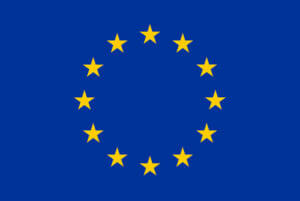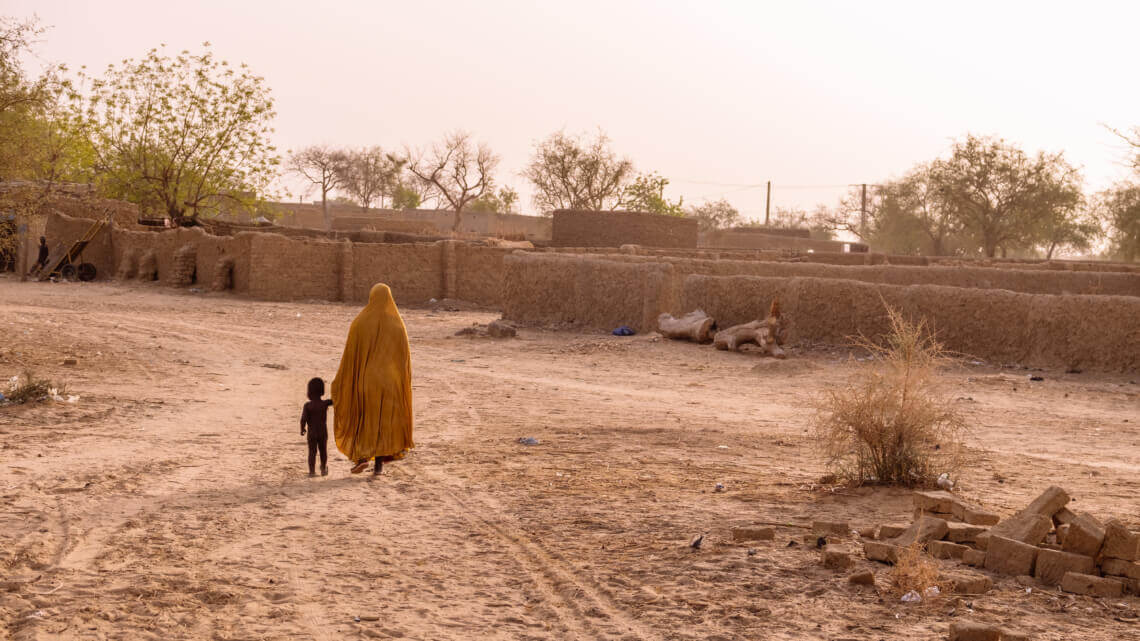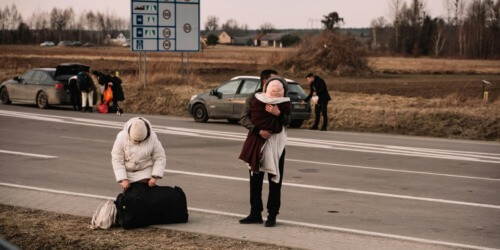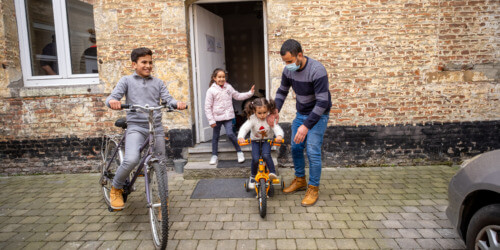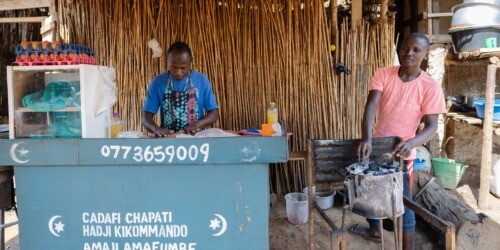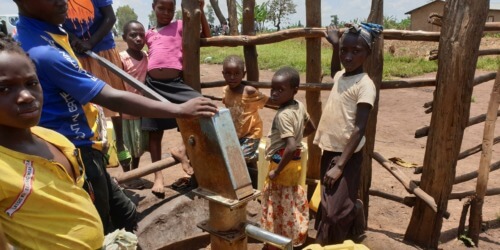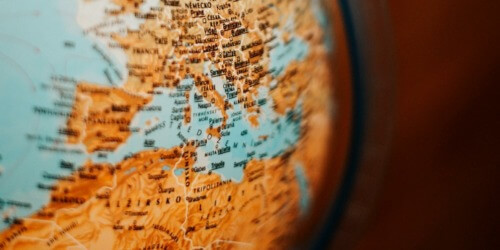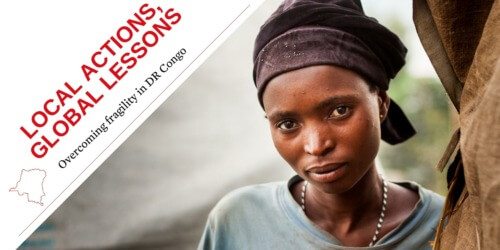Comment survivent les familles dans un contexte de déficit agricole ?
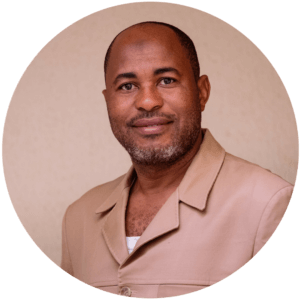
Abdoul Moumouni Illo : With routine droughts, harvests are no longer sufficient to satisfy needs year-round. Families must thus find alternatives during the so-called “lean season” during which the grains from the previous harvest have been fully consumed and the next grain crop has not yet been harvested.
The migration of a family member to urban areas is one of the survival strategies that allow families to face this agricultural deficit. When harvests are insufficient, the able-bodied decide to leave. The impact this has on communities is two-fold. On the one hand, rural flight is emptying villages of their productive workforce, which can ultimately impact household food security. On the other hand, when migration is successful, some families receive money, allowing them to improve their food security.
Where do those who leave go?
Abdoul: Most Nigeriens head for cities in neighboring African countries. Nevertheless, inter-regional migration is becoming more difficult in the Sahel as each of the surrounding regions confront their own difficulties. The economic situation in Nigeria is catastrophic. Libya has not been a state since Gaddafi fell from power. Côte d’Ivoire is also in a difficult situation, as is Gabon. There is economic opportunity in Equatorial Guinea, but migrants there are persecuted.
What has been the influence of the European Union on migratory policies in Niger?
Abdoul: During the Valletta Summit[1], which gathered together all the countries affected by migration, the Union European decided to “help” African countries combat crime and terrorism. It was actually principally concerned with stopping migration to Europe. The European Union agreed to grant millions of euros to African countries, including Niger to fight against irregular migration. At present, the fight led by our governments is financed by the European Union.
The struggle against irregular migration is one financed by the European Union with the collaboration of our leaders. Niger is now the southern border of Europe. It is no longer the Mediterranean.
What has been the concrete impact of this restrictive migratory policy?
Abdoul: The Valletta Summit gave rise to a certain dynamic, including a new law that criminalizes migration. We often forget that there is a long economic network behind migration: smugglers, drivers, hosts, food vendors etc. After this law, more than 6,000 people found themselves unemployed.
Due to this law, migrants have become more vulnerable, as they can no longer operate out in the open. Smugglers organize underground networks, so migrants must rely on word of mouth without having any idea of the risk involved.
These restrictive policies impede mobility in the Sahel and jeopardize regional agreements, such as the ECOWAS[2], of which Niger is a member. However, migrations out of Niger have not stopped. Far from it. Migrations are still happening and will go on happening. It is only the routes that change.
What would you like the Belgian people to know?
Abdoul: We are fighting to give a human face to migration. The goal of all the projects that we have launched is to provide this personal element and to respect migrants’ rights.
Caritas Niger works to help people be more resilient, but certain challenges, like climate change, are beyond our control. Close to 80% of our economy depends on agriculture and livestock. The impact of droughts is therefore catastrophic, as when one crop is bad, the whole economy is affected.
The role of Caritas International Belgium
“When we talk about migration, we often forget those who are unable to migrate. There are those trapped in precarious or dangerous circumstances who cannot resort to migration as a means of surviving,” adds Tom Devriendt, head of political advocacy for Caritas International. “It is important that decision makers do not forget them. Especially when their policies make mobility more restricted and dangerous.”
For Caritas, official developmental assistance policies must recognize migration as a survival strategy and as a tool to fight against food insecurity and poverty. “Under no circumstances can developmental assistance be made conditional on migratory control. This would be counterproductive, as migration contributes to development, as well as ineffective, as development generates more migration,” Tom Devriendt adds.
Ranked last by the Human Development Index (HDI) of the United Nations Development Program, Niger has become the poorest country in the world. The priority thus must not be against migration, but rather against poverty and food insecurity, which affect community health and reduce the strength of the labor force necessary for families’ survival.
Financially supported by the Development Education and Awareness Raising program (DEAR) of the European Union as part of the MIND project. See here for more information. The content of this page is the responsibility of Caritas International and does not necessarily reflect the position of the European Union.
